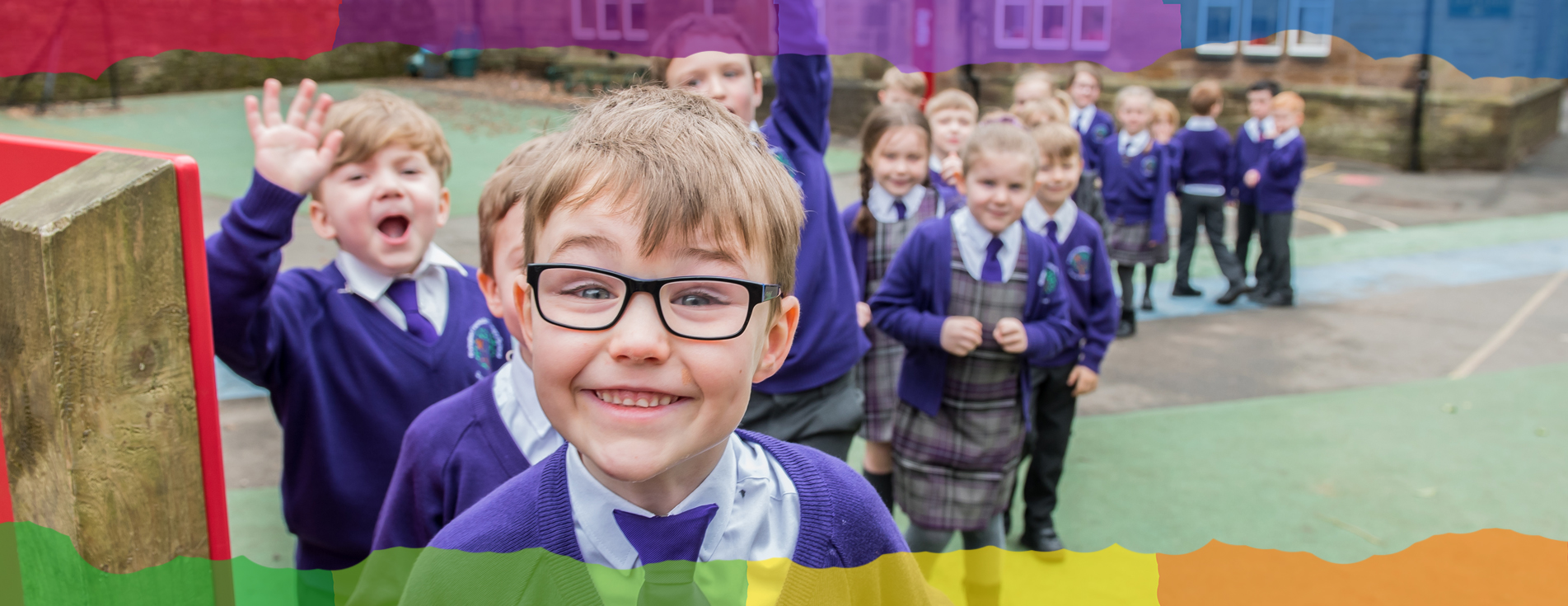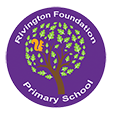
Pupil Premium
The Pupil Premium is a specific grant awarded based on annual school census data, supporting students from Reception through Year 11 who are eligible for Free School Meals (FSM). Additional funding is available for looked-after children, as well as a service premium for children of currently serving armed forces members. This service premium supports the social and emotional well-being of these pupils.
This funding is in addition to the main school budget and is used by the school to help address any underlying inequalities among eligible children, ensuring it reaches the pupils who need it most. Schools have discretion in deciding how best to allocate the Pupil Premium to benefit these students.
At Rivington Foundation Primary School, Pupil Premium students are identified at the start of each financial year, and interventions are planned for the following academic year (September to July). Your child may qualify for Free School Meals if you or your partner receive any of the following:
-
Income Support
-
Income-based Jobseeker’s Allowance
-
Income-related Employment and Support Allowance
-
Support under Part VI of the Immigration and Asylum Act 1999
-
The guaranteed element of Pension Credit
-
Child Tax Credit (not Working Tax Credit) with an annual gross income below £16,190
-
Working Tax Credit “run-on” (for four weeks after qualifying ends)
-
Universal Credit with net earnings not exceeding £616.67 monthly (or no more than £1,233.34 over two consecutive months or £1,850 over three months if earnings vary)
